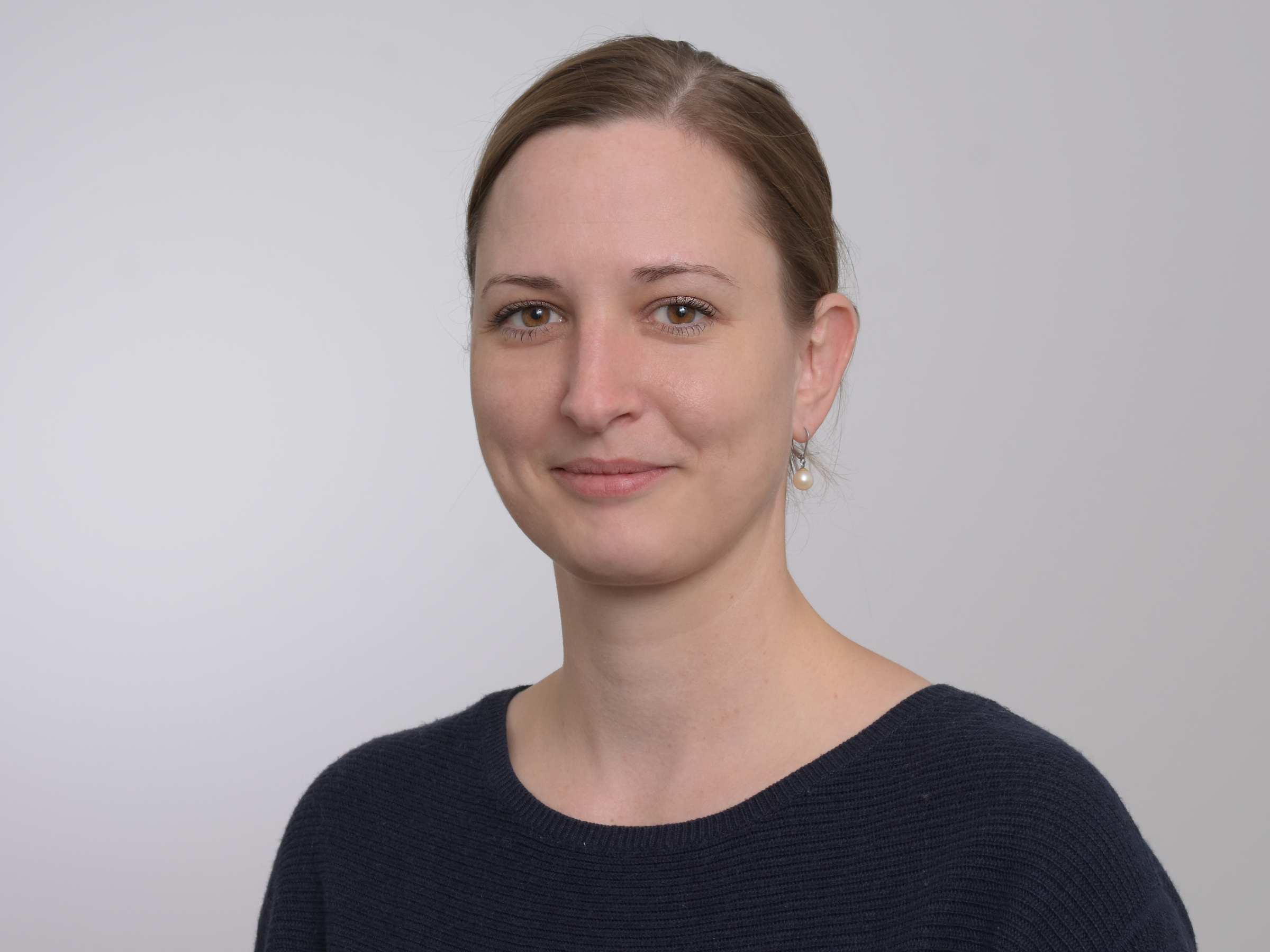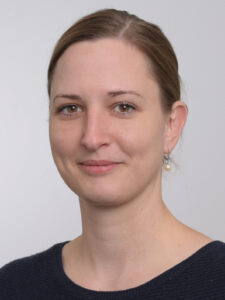1.5 Million Euro EU Funding for Scientist Petra Bacher

The Kiel immunologist from the Cluster of Excellence “Precision Medicine in Chronic Inflammation” (PMI) receives an ERC Starting Grant to elucidate in detail the interactions between the immune system and the microbiome.
The key to understanding chronic inflammatory diseases lies in how our immune system interacts with the microbiome, i.e. the microorganisms living in and on our body. Professor Petra Bacher is convinced of this. And this is precisely the focus of the MicroT project, which the European Research Council (ERC) is funding with one of the prestigious Starting Grants of 1.5 million euros for the next five years. The acronym MicroT stands for Microbiota-T cell interactions – antigen-specificity and regulation in health and disease. “We first need to understand what the healthy interaction of the immune system with different microbes looks like in order to then explore what is different in people with chronic inflammatory diseases,” explains Bacher, who leads a Schleswig-Holstein Excellence-Chair junior research group at the Institute of Immunology and the Institute of Clinical Molecular Biology (IKMB). “The Executive Board of Kiel University warmly congratulates Ms. Bacher on this great success,” says Professor Eckhard Quandt, CAU Vice President for Research, Transfer, Scientific Infrastructure and Digitalization. “The fact that she was able to prevail in the competition for the coveted grants from the ERC Fund clearly shows the potential that the Schleswig-Holstein Excellence Chair Program offers for our talented young scientists, but also for our university.” The spokesperson of the Cluster of Excellence PMI, Professor Stefan Schreiber praises the innovative and ambitious project proposal of Petra Bacher, who recently also received the Dorothea Erxleben Researcher Award of the Cluster. “Her research, follows in particular the mission of the cluster to establish precision medicine for chronic inflammatory diseases by taking into account the individual variability of humans and their environment,” emphasizes the director of the IKMB and head of the Clinic for Internal Medicine I of UKSH, Campus Kiel. “It is particularly gratifying for us that here again a highly qualified woman receives this recognition of her excellence”
Microbial diversity and specific immune responses
In her research, the immunologist focuses on the role of specific cells of the immune system, the T cells, which have a central role in the defense. Via their T-cell receptor, they can recognize a specific antigen (foreign protein) very specifically and trigger an immune response that matches the antigen. Bacher: “For example, there are T cells that detect the intestinal germ E-coli or those that detect the yeast Candida albicans and yet others that react against a variety of different skin microbes. We want to understand how the T cell response against microbes works and is regulated. There are an infinite number of microbes and only a limited set of T cells. Nevertheless, they are able to specifically recognize the different microbes and respond appropriately. This is because different microbes each require a specific type of immune response to maintain the physiological balance between humans and microbes.” In a second step, the scientist and her research group want to elucidate what goes wrong in chronic inflammatory diseases. After all, inappropriate or excessive immune responses can lead to autoimmune diseases, chronic inflammation or allergies. “We first need to understand how the interaction occurs in the healthy state to be able to determine what the wrong response is. And that’s what we’re specifically looking at in blood samples from patients with chronic inflammatory diseases of the gut (Crohn’s disease, ulcerative colitis) and skin (psoriasis, atopic dermatitis), the very areas of the body that are massively colonized with microbes.”
Goal: Switch off disease-causing immune processes
What is special about Petra Bacher’s project is its focus on antigen specificity. Until now, she said, it was not known which microbes trigger specific T-cell responses in humans, how interactions with the vast number of different microbial species are regulated, and how changes contribute to disease. “In previous work, we have developed a highly sensitive technology that can detect and thoroughly characterize microbe-specific T cells directly from human samples. We will use the method to determine which microbes trigger T-cell responses in the first place.” In addition, the project will also decipher the molecular mechanisms that regulate the chronic interaction of T cells with the highly diverse microbiota. The ultimate goal is to better understand the underlying mechanisms of immune-mediated diseases and to develop therapeutic approaches that very specifically eliminate only the disease-causing cells. “That’s not possible at the moment. Therapies to date have been designed to suppress inflammation overall. But you really only want to switch off what is really causing the problems,” Bacher emphasizes.
Further information: ERC press release , Cluster of Excellence PMI
The research project is being carried out in cooperation with Professor Stefan Schreiber, Department of Internal Medicine I, Professor Stephan Weidinger, Department of Dermatology, Professor Claudia Baldus, Department of Internal Medicine II with a focus on hematology and oncology, all at the University Medical Center Schleswig-Holstein (UKSH), Kiel Campus, and Professor Jan Rupp, Department of Infectious Diseases and Microbiology, UKSH, Lübeck Campus.

